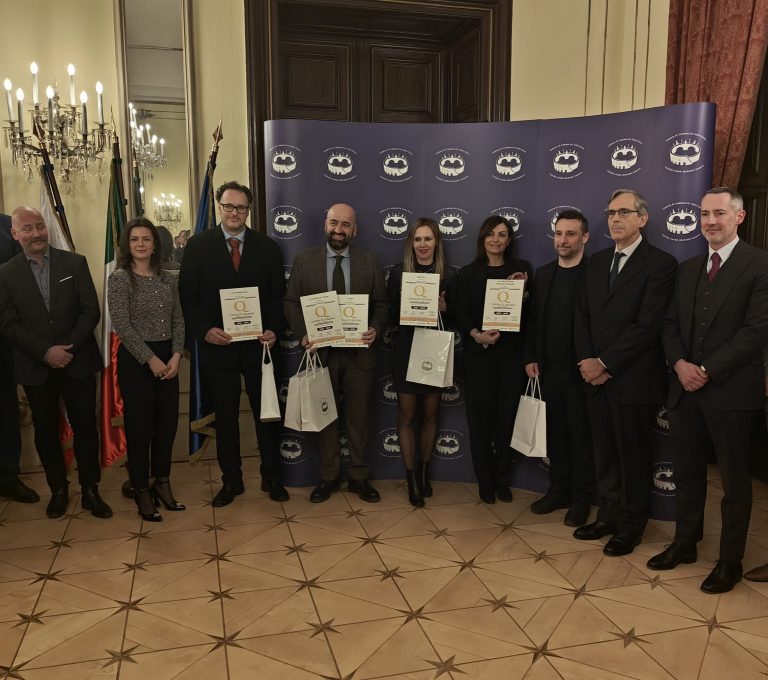The Macro-Regional Innovation Week (26-30 September), organized by the Joint Research Centre (JRC) of the European Commission and Trieste’ AREA Science Park, will look at the Danube, Adriatic-Ionian and Alpine macroregions.
Over 70 speakers and 250 participants, of which 80 are young people from the Western Balkans, will participate in different seminars and workshops during the Week. They will contribute to the sharing and comparison of ideas, strategies and projects, with a focus on innovation, industrial competitiveness and development.
Addresses were delivered at the opening session held at the Savoia Excelsior Palace in Trieste by Giovanni Caracciolo di Vietri , Secretary General of Central European Initiative (InCE), Alessandra Pastorelli, of the Office of Science and Technology Cooperation of the Ministry of Foreign Affairs and international Cooperation (MAECI), Giancarlo Caratti and Giovanni de Santi, of the JRC of the European Commission, and Sergio Paoletti, President of AREA Science Park.
The Danube, Adriatic-Ionian and Alpine macroregions, characterised by strong cultural and economic ties, are at the centre of geopolitical processes which are extremely interesting for the future of Europe. Italy, which only recently took over the Presidency of the Berlin Process ( the EU integration process of Western Balkan countries), looks with great attention to the Balkan area. Not only for the existing commercial and industrial relations, which make Italy the second biggest economic partner in the area, but also for the high level of cultural and scientific exchange, with approximately 200 cooperation agreements signed by research centres and universities.
MAECI, MIUR and the Friuli Venezia Giulia Region signed an agreement on 3 August in preparation of the Italian Presidency of the Process of Western Balkan countries. This deal includes the scientific and technological cooperation among action priorities in light of supporting innovation processes and adding momentum to the competitiveness of the regional industrial system.
The accord consolidated and strengthened the strategic role played by the Friuli Venezia Giulia Region for Italy’s scientific and technological bilateral and multilateral cooperation. Trieste plays host to major international research centres – ICTP, TWAS, IAP and ICGEB – with substantial contributions granted by the Italian government through MAECI and MIUR ( approx. 30 million euros per year). These centres conduct research projects in cooperation with developing countries in several fields, from climate change to medicine and from astrophysics to theoretical physics.


